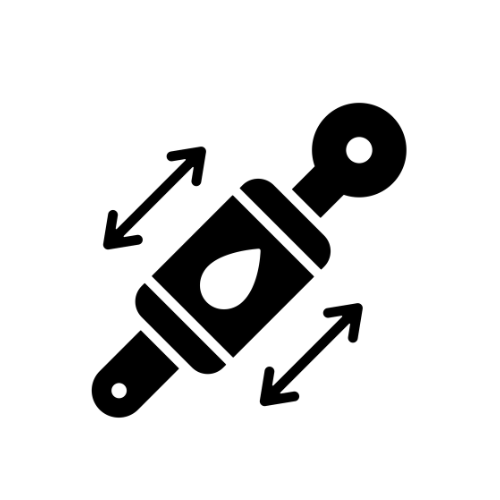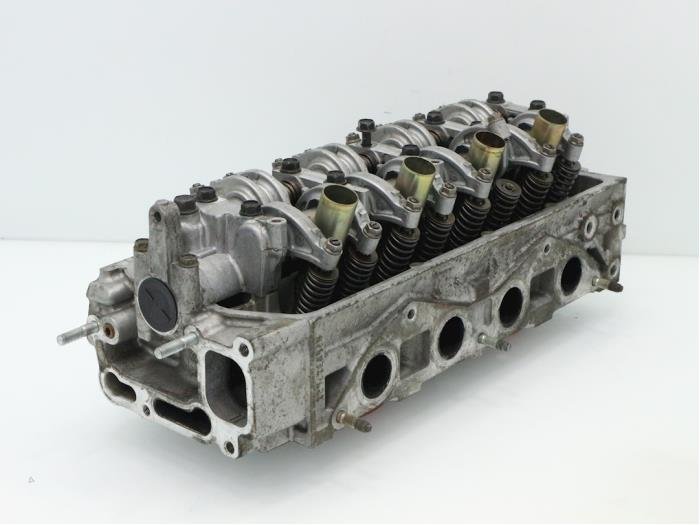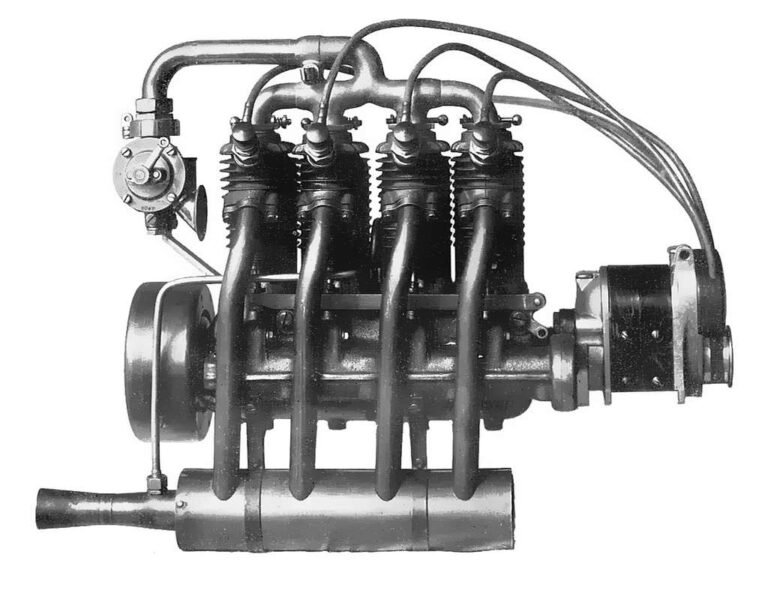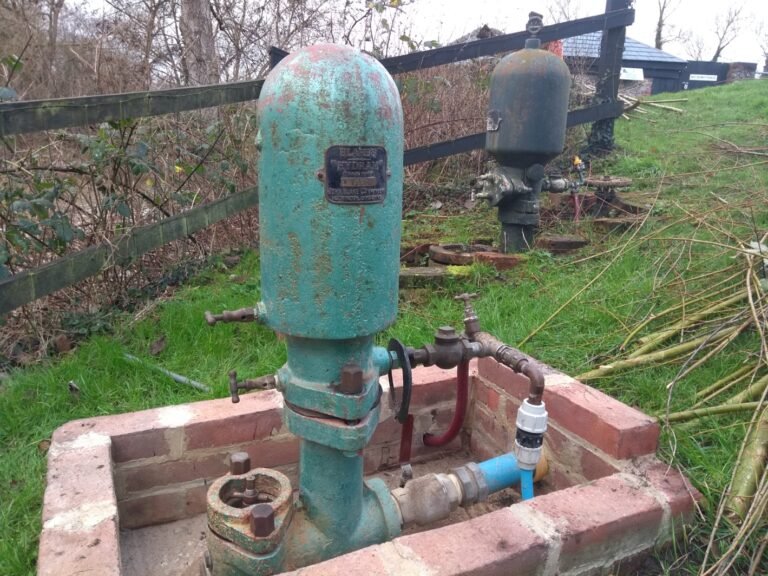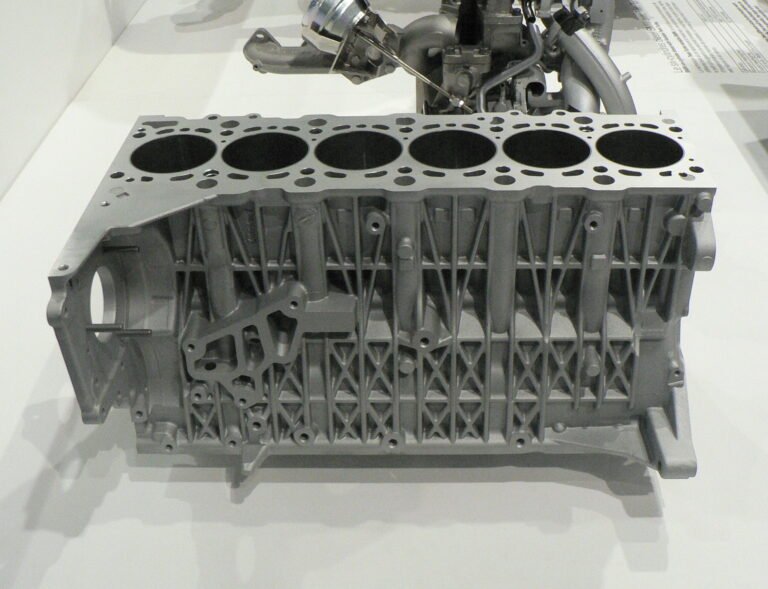How Much to Replace a Cylinder: Price Breakdown
Replacing a cylinder can cost between $500 to $1,500 on average. Costs vary based on the car model and labor fees. Your vehicle’s cylinder may need replacement due to wear and tear over time. It’s essential to understand the potential costs involved in this repair to budget accordingly. Factors such as the type of cylinder,…
